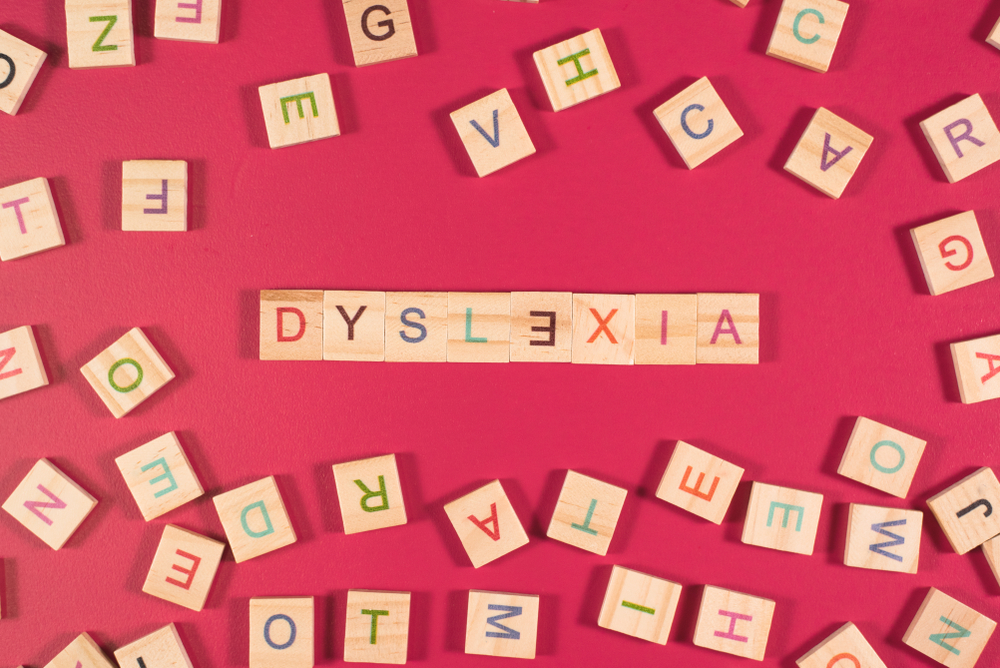Understanding communities Normal Worksheets for Ages 5-7
6 filtered results
-
From - To
Discover our "Understanding Communities" worksheets designed for ages 5-7! These engaging, printable activities help young learners grasp the fundamentals of how communities function. Through fun exercises, children explore various roles and jobs within a community, understand the importance of cooperation, and learn about different types of communities, including urban, rural, and suburban areas. Our expertly crafted worksheets build essential social skills and community awareness, all tailored to early learners. Perfect for classroom use or at-home practice, these resources make learning about communities interactive and enjoyable. Help your child develop a strong sense of community with our age-appropriate worksheets today!
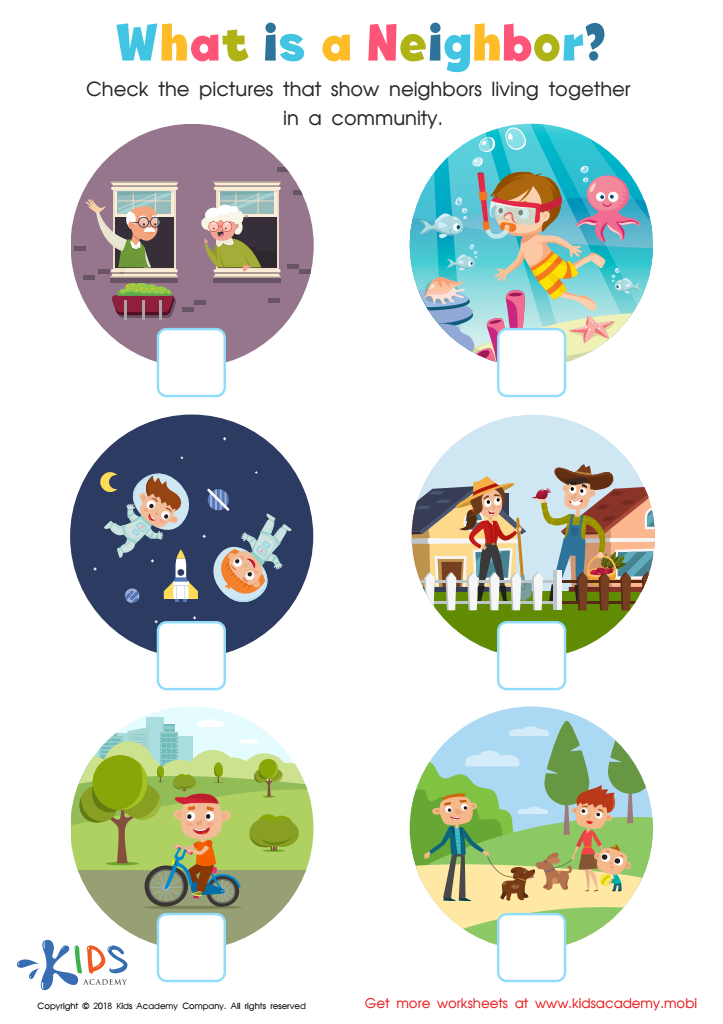

What is a neighbor Worksheet
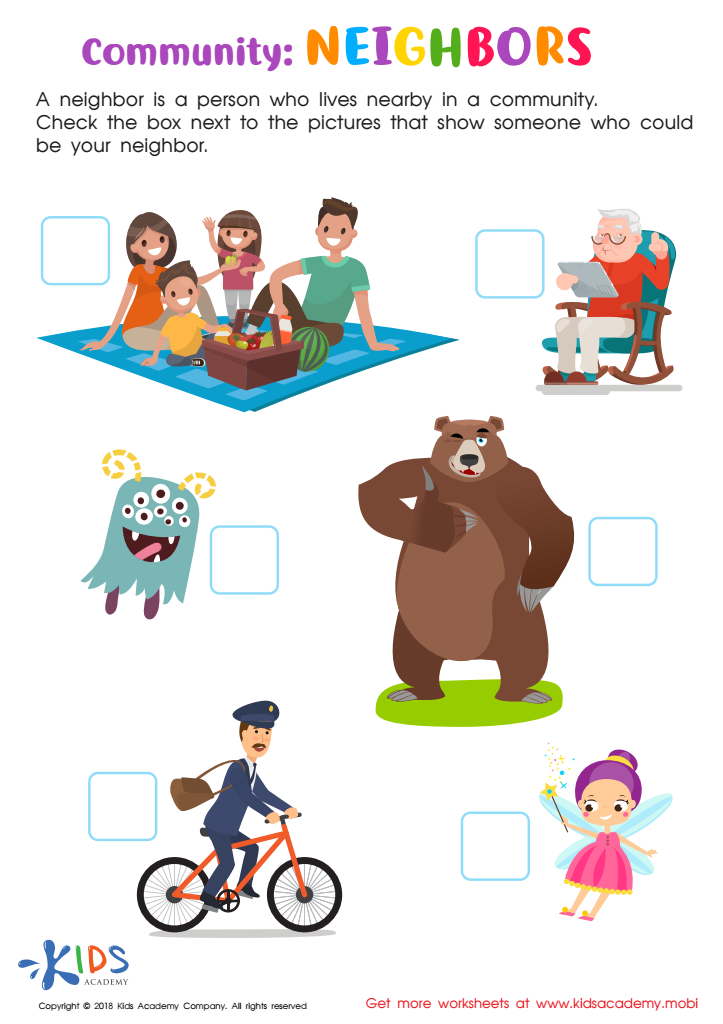

Community: Neighbors Worksheet
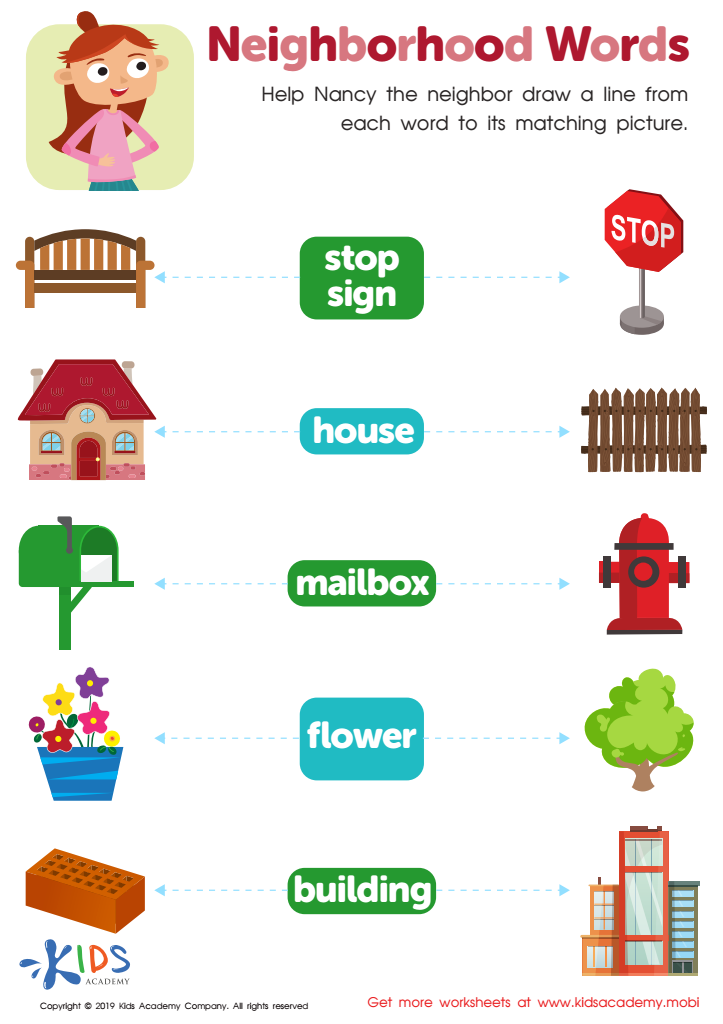

Neighborhood Words Worksheet
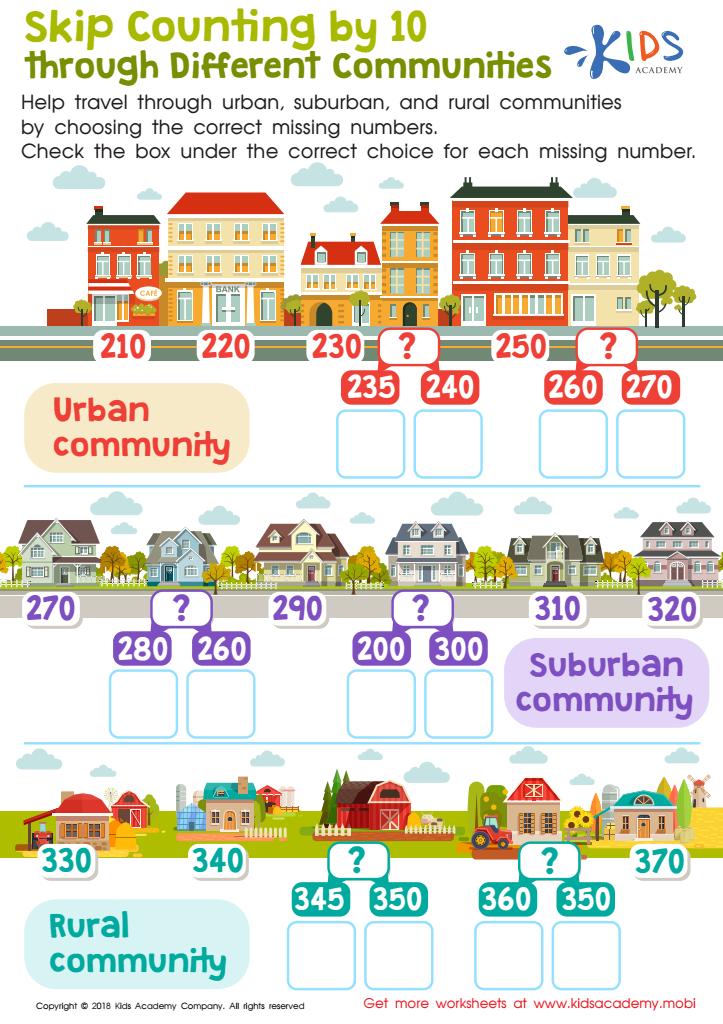

Skip Counting by 10 through Different Communities Worksheet
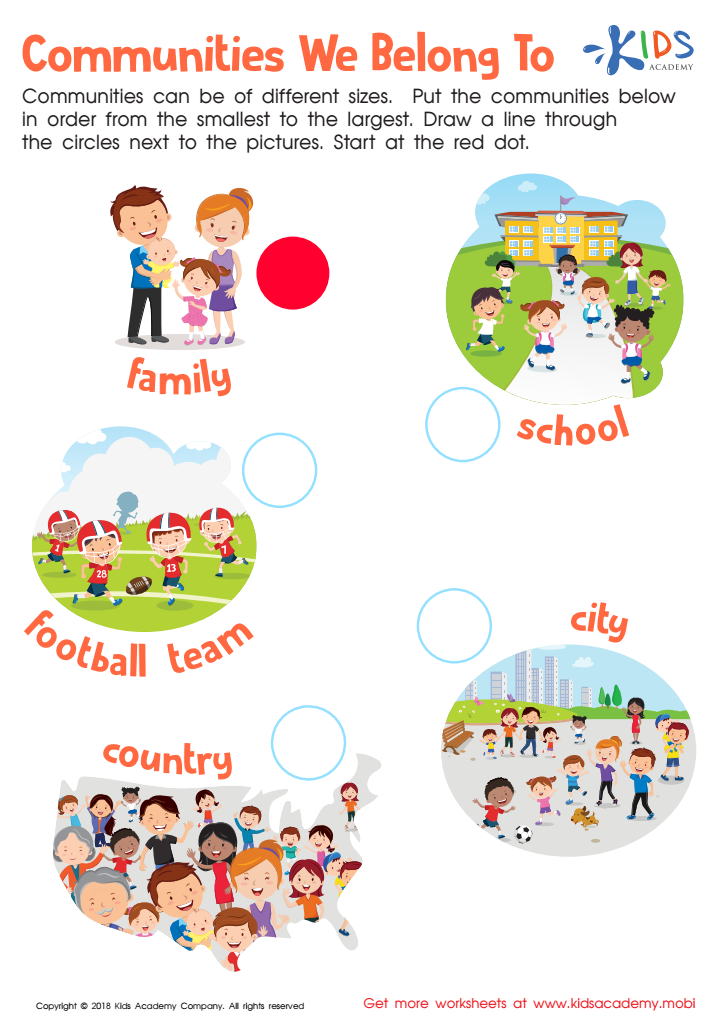

Communities We Belong to Worksheet
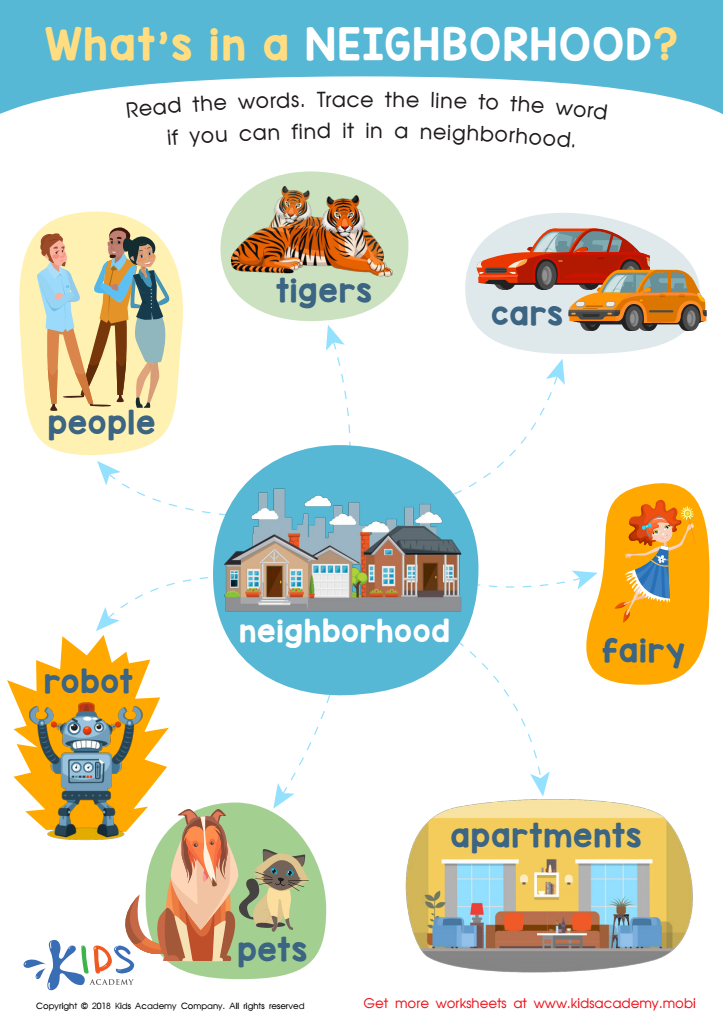

What's in a Neighborhood? Worksheet
Understanding communities is crucial for children ages 5-7 because it sets the foundation for their social and emotional development. At this age, children begin to form relationships outside their immediate family, and learning about communities helps them understand the world around them. It teaches them about cooperation, respect for others, and the importance of contributing positively to a group.
Parents and teachers should care about fostering this understanding because it promotes empathy. When children learn about different roles and responsibilities within a community, they appreciate diverse perspectives and develop tolerance. Engaging in community activities contributes to a child's sense of belonging, making them feel secure and valued.
Moreover, understanding communities enhances critical thinking. As children explore how communities function, they learn to ask questions, solve problems, and make connections. These skills are essential for academic success and everyday life.
Practically, this knowledge helps children understand safety rules, why people have different jobs, and how services like the fire department or post office work. By integrating community-based activities and lessons into education, parents and teachers help children become responsible, informed individuals who are prepared for future civic engagement. Ultimately, a strong grasp of community concepts at a young age fosters well-rounded, compassionate future citizens.
 Assign to My Students
Assign to My Students





